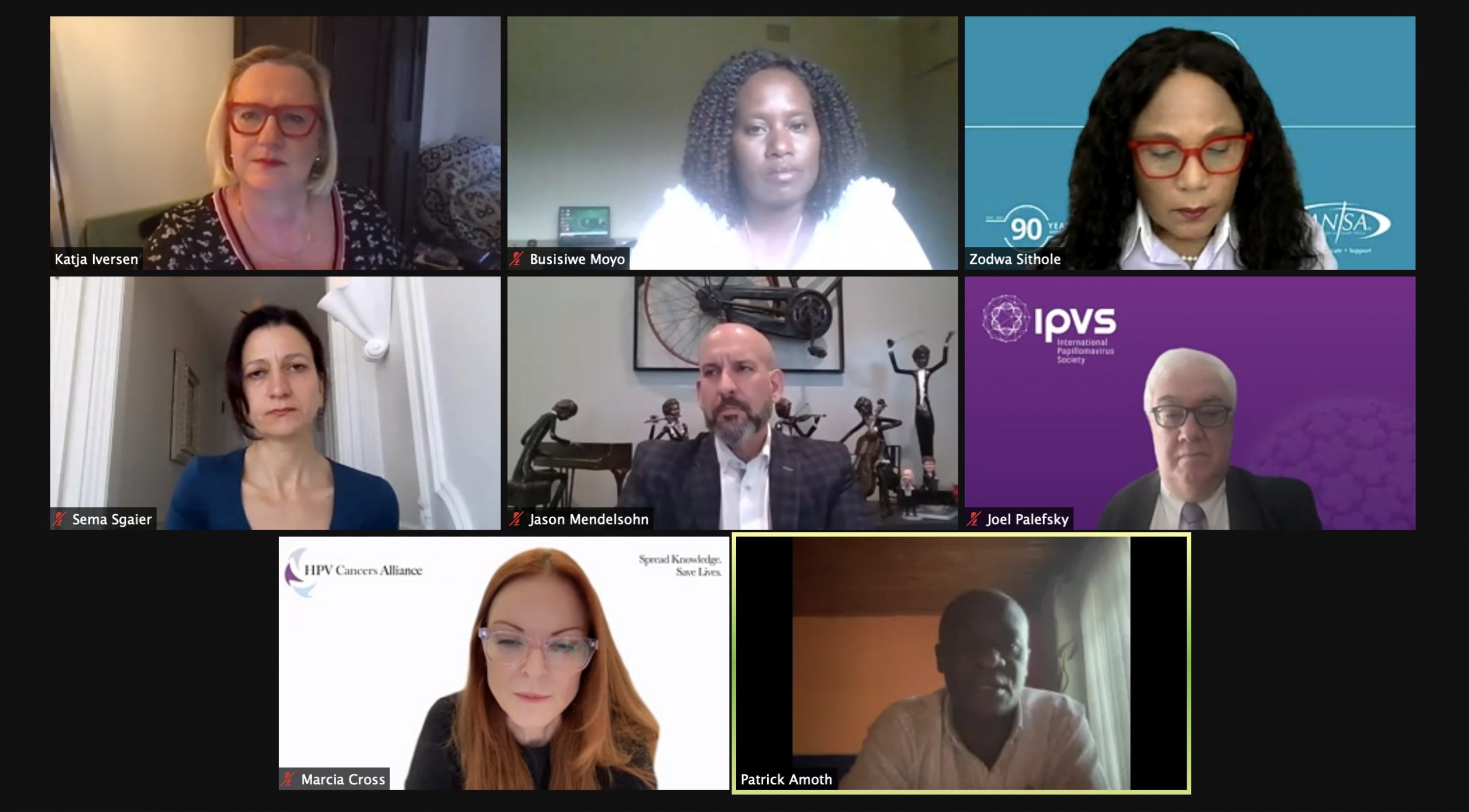HPV Education: where do we go from here?
By Pamela Tom | HPVANDME Founder
Yep, we continue to talking about HPV because the HPV vaccine helps prevent six HPV cancers. Yet not enough of the eligible population is fully vaccinated.
A survey conducted in 2021 by the American Academy of Pediatrics (AAP) found about 75.1% of teens had received at least one dose of HPV vaccine. That’s up from 71.5% in 2020. However, effective vaccination requires two to three doses. The survey showed only about 58.6% were all caught up on their HPV vaccine series, less than a three percent increase.
Good. But not good enough.
A plan by the World Health Organization (WHO) calls for 90 percent of girls to be vaccinated by 2030. Based on that plan, a 2020 study found that cervical cancer could be “eliminated worldwide as a public health issue within the next century.”
Furthermore, HPV-related oropharyngeal cancer incidents could be cut in half between 2018 and 2045 among those 36 to 45 years old. That is based on a projection of a 72 percent vaccination rate in a study conducted at the Johns Hopkins Bloomberg School of Public Health.

International HPV Awareness Day
March 4 marked the International HPV Awareness Day, launched in 2018 by the International Papillomavirus Society. This year’s theme: One Less Worry. The message: parents will have one less worry when they get their children the HPV vaccine.
Panelists participating in this year’s International HPV Awareness Day global event shared their suggestions to improve strategies for HPV education.
- Dr. Sema Sgaier, Adjunct Assistant Professor at the Harvard T.H. Chan School of Public Health, supports the study of vaccine hesitancy from a behavioral science approach. What holds people back? By understanding human behavior on this topic, Dr. Sgaier believes HPV vaccination advocates may develop better messaging and strategies to increase vaccination rates. Sgaier co-founded Surgo Ventures, a nonprofit that uses behavioral science to tackle health and social problems.
- Dr. Patrick Amoth, Chair of the WHO Executive Board and Acting Director General for the Kenyan Ministry of Health, cites the high penetration of cell phones amongst young people in sub-Saharan Africa. He said that social media provides an excellent channel for communicating important public health information about HPV vaccination
- Jason Mendelsohn, a HPV tonsil cancer survivor, suggested that children of cancer survivors may be effective messengers. He believes that the authenticity and emotion expressed in their personal stories will help demonstrate the importance of HPV vaccination.
- Marcia Cross, actress and HPV anal cancer survivor, invited others to use a new hashtag. On HPV Awareness Day, Cross tweeted, “#HPV=NoShame Join me in using this hashtag if you have had #HPV and are ready to help destigmatize this virus.” Cross co-founded the HPV Alliance to support HPV education.
Education, Education, Education
Nelson Mandela said, “Education is the most powerful weapon which you can use to change the world.”
Yet a 2021 survey of 21 studies found low and moderate levels of awareness and knowledge regarding HPV amongst adolescents and young adults. The survey authors concluded that, “continuous training of health personnel is necessary and new studies are needed to identify barriers to adolescents not being vaccinated.”
In addition, a recent study at Rutgers University found that only half of adolescents in the US are receiving the minimum federal standards in sex education. In addition, education about STIs, including HPV, remains inadequate.
The researchers reviewed data from nearly eight thousand adolescents (National Survey of Family Growth, 2011-2015 and 2015-2019). By comparing sex education trends by gender and race/ethnicity in terms of content, timing and the location of the instruction (a religious setting, public school, etc.), disparities emerged. About one-quarter of those surveyed resided in an urban area; more than half lived in a suburban setting; and the rest called home a rural area. The findings found that certain populations receive less sex education.
- Queer males are less likely to receive instruction about STIs or HIV/AIDS, despite men who have sex with men being disproportionately affected.
- Non-Hispanic Black and Hispanic males were less likely than non-Hispanic White males to receive formal instruction before the first sex on sexually transmitted infection/HIV, birth control, or where to get birth control.
HPV Vaccine Safety
Studies contain a lot of numbers; however, one fact remains crystal clear. The HPV vaccine is proven to be safe and effective. Read more.
The HPV vaccine helps prevent six HPV cancers: oropharyngeal/throat; cervical; anal; vulvar; penile; vaginal. HPV+ throat cancer is now the most common HPV cancer in the US.
